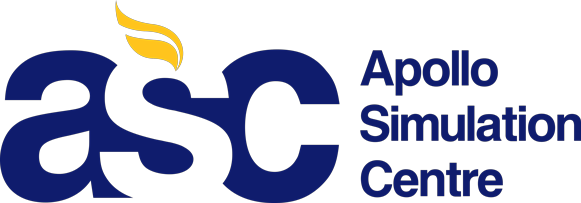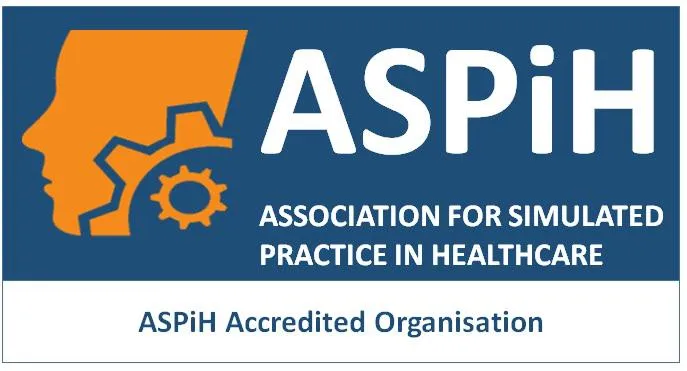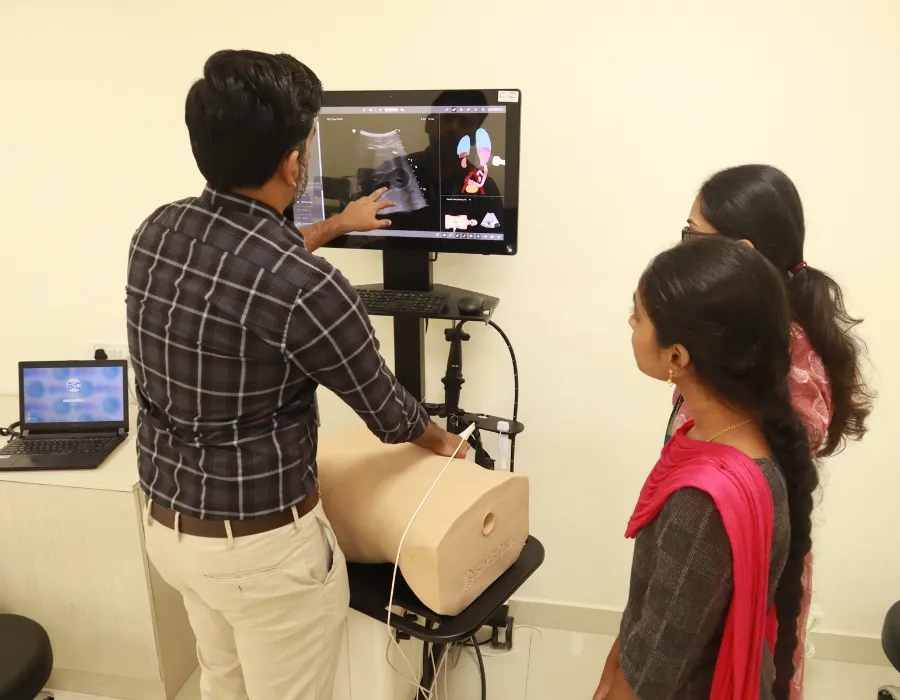
Learning Outcomes
- Understand the principles and techniques of abdominal ultrasound imaging, including machine operation and image interpretation.
- Identify normal abdominal anatomy and physiology, including the liver, gallbladder, kidneys, pancreas, and abdominal vasculature.
- Recognise common pathological conditions, such as gallstones, renal calculi, liver cirrhosis, and abdominal masses.
- Prepare patients for abdominal ultrasound examinations, ensuring safety, comfort, and obtaining relevant medical history.
Description
Abdominal ultrasound (USG abdomen) is a non-invasive imaging technique used to visualise the organs and structures within the abdomen. This course covers the fundamentals of abdominal ultrasound, including ultrasound physics, machine operation, and image interpretation. Participants will gain proficiency in identifying normal abdominal anatomy, including the liver, gallbladder, kidneys, pancreas, and major abdominal blood vessels. Understanding the normal anatomy is crucial for recognising and diagnosing abnormalities.
New Batch Starts on
Contact Us
Course Duration:
1 Day
 Normal anatomy & abnormal cases
Normal anatomy & abnormal cases Interactive learning
Interactive learning Correlation with 3D anatomy
Correlation with 3D anatomy
Curriculum
Knowledge
Delivered through online lectures
Skill
Delivered through 1 day contact course at Apollo Simulation Centre
Assessment
For both knowledge and skills
Observership
Optional
Online Modules
All didactic lectures will be available as online modules for candidates 2 weeks prior to the contact course to prepare for the course well in advance. All the required theory knowledge will be learnt through web platform. There will be a Q&A section available after each lecture to interact with the faculty for any additional doubts to be clarified. Completing online modules is mandatory for certification
- USG Knobology & Physics
- USG KOB region
- USG Liver
- USG Pancreas
- USG Spleen
- USG Uterus & adnexa
Contact Course
Contact course is aimed at providing practical knowledge about everything that one needs to know about USG Abdomen. This is achieved by way of 30% of time spent on demonstrations and 70% time on hands-on training, which includes:
| Time | Topic |
| 09.00 – 09.10 | Welcome and introduction |
| 09.10 – 09.40 | Ultrasound Knobology Basics |
| Organ Specific Demonstration and Hands on | |
| 09.40 -10.30 | · Ultrasound Liver |
| 10.30-10.45 | Tea Break |
| 10.45-11.30 | · Ultrasound Gall Bladder |
| 11.30-12.30 | · Ultrasound Pancreas |
| 12.30-01.15 | Lunch Break |
| 01.15-1.45 | · Ultrasound Spleen |
| 01.45-02.15 | · Ultrasound Kidney |
| 02.15-02.45 | · Ultrasound Bladder and Prostate |
| 02.45-03.15 | · Ultrasound of Uterus and Ovaries |
| 03.15-03.30 | Feedback and closing |
| 03.30-03.45 | Tea Break |
Faculty
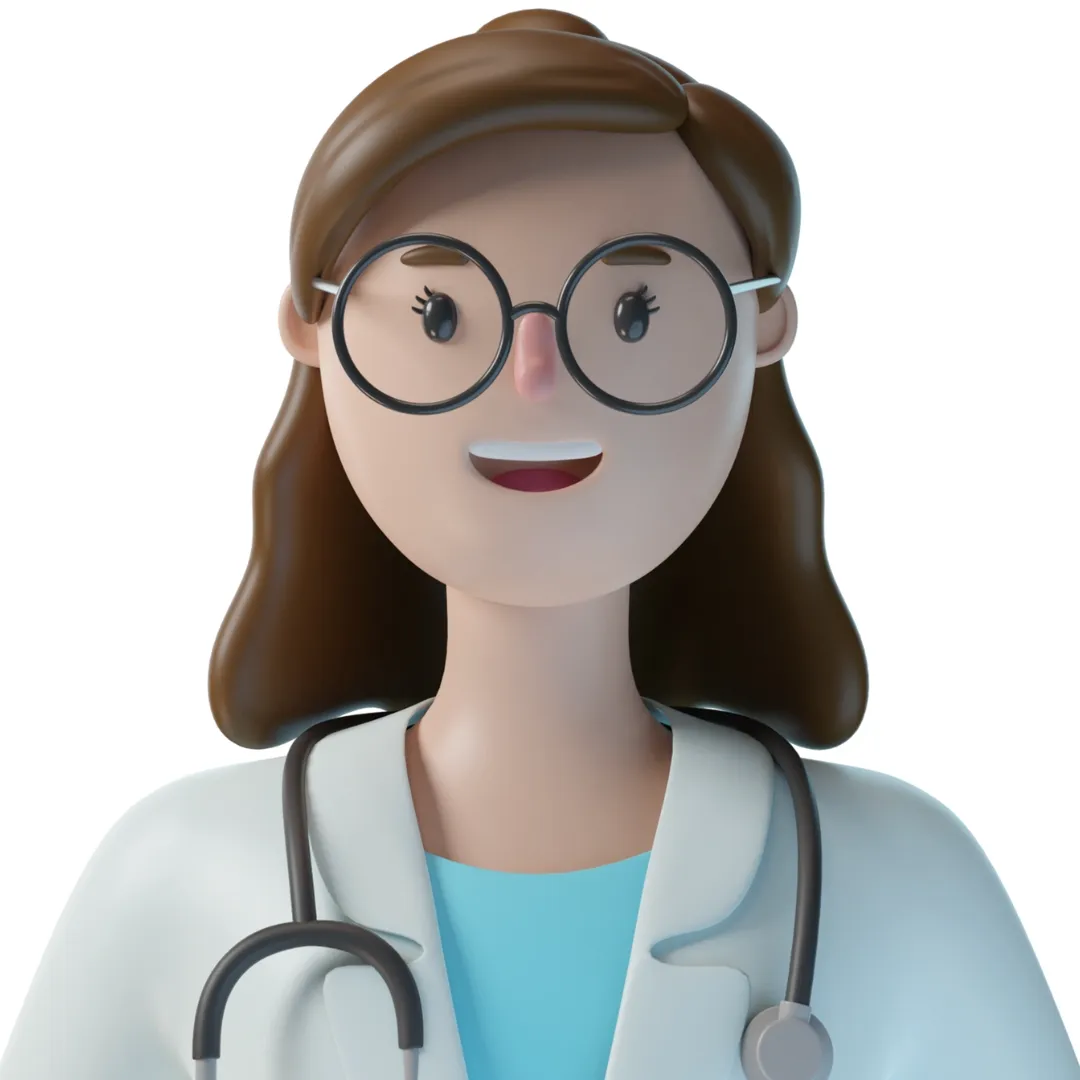
Dr. Aarthy Ganesh
Consultant
Department of Radiology
Apollo Hospitals
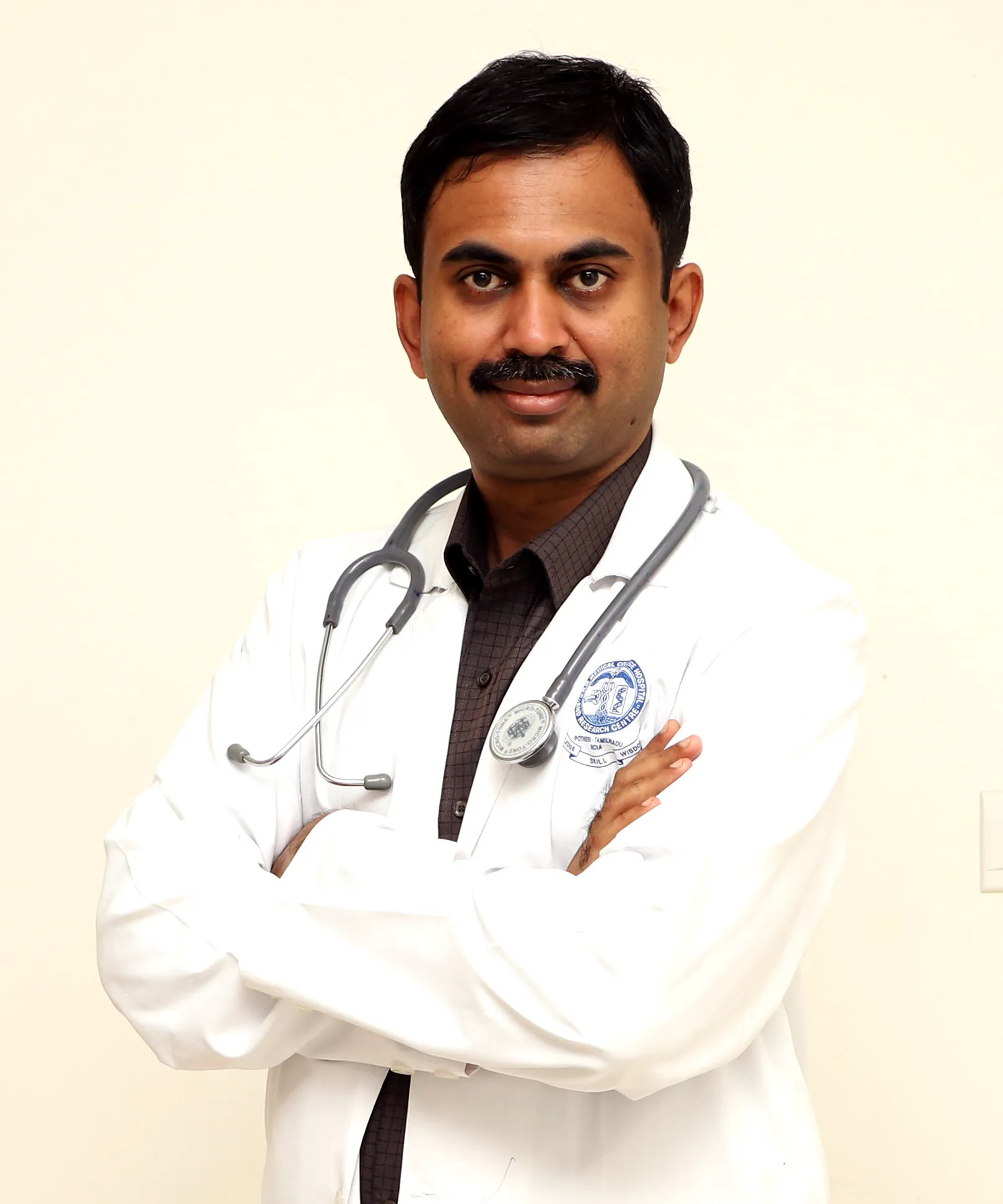
Dr. Anand
Consultant
Department of Radiology
SRM Hospitals
Why ASC
- Unparalleled Technological Infrastructure
- Expert Faculty with Real World Experience
- Innovative Learning Methodologies
- Comprehensive Curriculum
- Learner faculty ratio and learner manikin ratio is well maintained
Marketing Line

